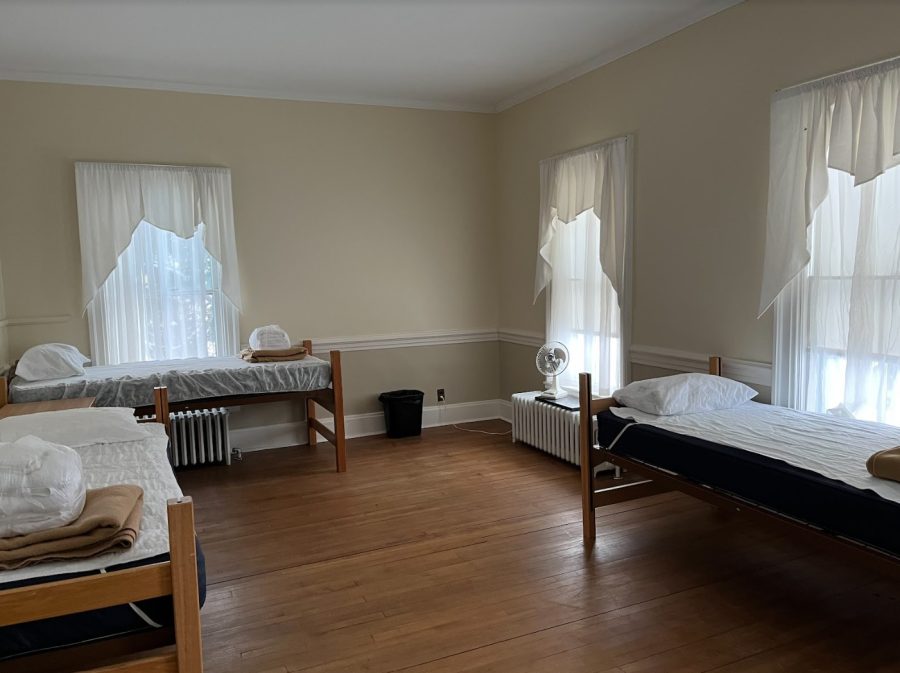Alex Washburn ‘23 and Ben Sherrick ‘23 began their Winter Term in a fashion reminiscent of previous winters under the pandemic: positive tests, contact tracing and, eventually, isolation.
“A couple of our friends in our house tested positive early in the term and close-contacted both me and Alex,” said Sherrick, who shares an on-campus townhouse with Washburn and others. “But no one else in our house tested positive, so we had to isolate ourselves in our house and wear masks around people in the house who weren’t positive.”
While Carleton does still have isolation space available for students who test positive, the college also allows for students to isolate themselves in their own living space, “when circumstances allow” according to Carleton’s COVID website. Carleton also continues to contact trace, asking those who tested positive to report their close contacts over the window when they may have been contagious.
COVID remains a touchy subject at Carleton. Student opinions on COVIDand on Carleton’s responses run the gamut. One student told the Carletonian “COVID should no longer be a concern,” while another responded “I don’t think Carleton realizes that COVID still exists.” Yet while their opinions were diametrically opposed, the students shared one thing: neither wanted their name attached to their comment for fear of backlash on campus.
Carleton’s COVID policy has lost much of its public presence. Masks (or the lack thereof) are the most visible manifestation of this. They are now a rare sight in public spaces – things seem very much “back to normal.”
Yet masking still has a presence at Carleton. Carleton’s policy still allows individuals to “require that masks be worn in spaces they ordinarily control, such as offices, classrooms and labs, office suites, and residential rooms.” There are a substantial number of professors that still require masks in their classrooms, and while there may be grumbles from some students, major issues are rare.
While much of the caution around COVE seems to have eroded, students, staff and faculty continue to register positive tests – albeit at relatively low levels. According to Carleton’s Covid Dashboard, there has been an average of a little more than one reported positive case a day in the last two weeks.
For students, those positive tests meant time in isolation, as experienced by Sherrick and Washburn. However, the length of one’s stay in isolation can vary. Fully vaccinated students (99.7% of the student body) can be released after only five days in quarantine if they test negative with an antigen test on day 6. However, without a negative test “isolation will continue until day 8, when normal activities may resume with masking through day 10,” according to Carleton’s COVID FAQs.
Washburn and Sherrick’s isolation periods showed both sides of the policy. Sherrick tested positive on a Wednesday, and was out by the coming Sunday – only a five day stint. Washburn, on the other hand, got the fuzzy end of the lollipop.
“I got sick after Ben [Sherrick], so when I tested on day 6 it was still positive, so I had to stay an extra couple of days,” said Washburn. “Which kind of sucked.”
Although Sherrick and Washburn didn’t expect to be dealing with questions of isolation and test results this term, they took it in stride.
“We made the best of it. We just took a bunch of naps, played mini-basketball, and made this awesome pillow fort. It wasn’t that bad – especially since we had each other,” said Sherrick, ending his remarks on the power and awe-inspiring beauty of his friendship with Washburn.










